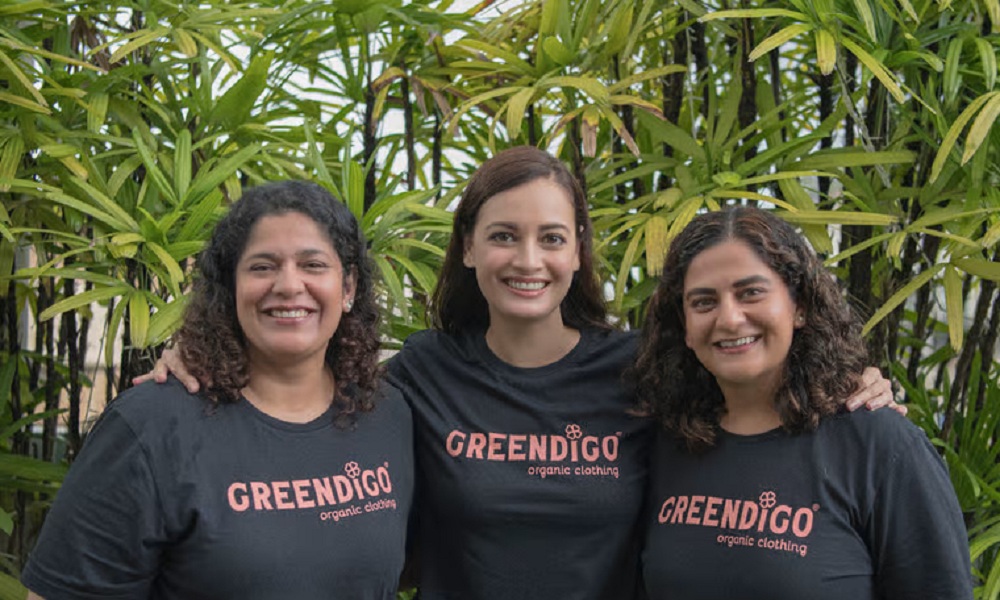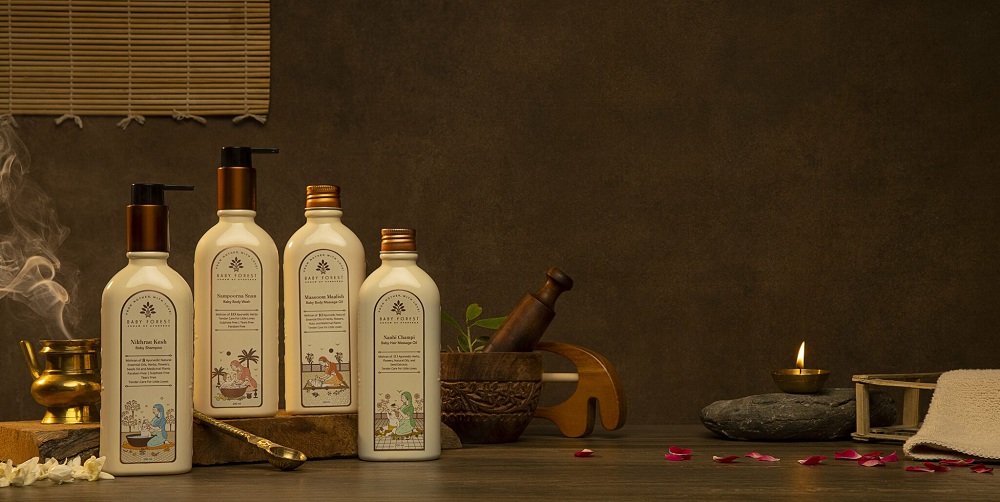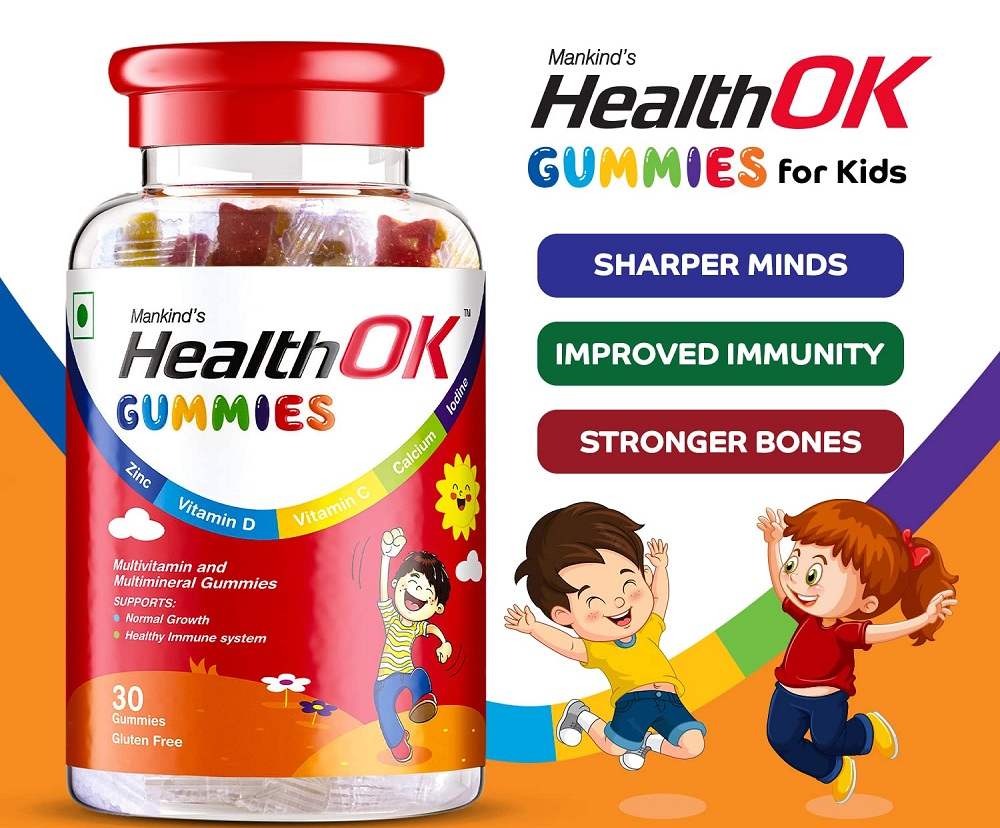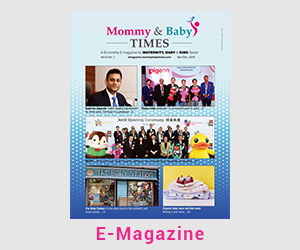The leading baby care brand has committed to removing all plastic from its wipes as part of a long-term sustainability journey to reduce its environmental impact even further and build a more sustainable baby care category.
August 26, 2020
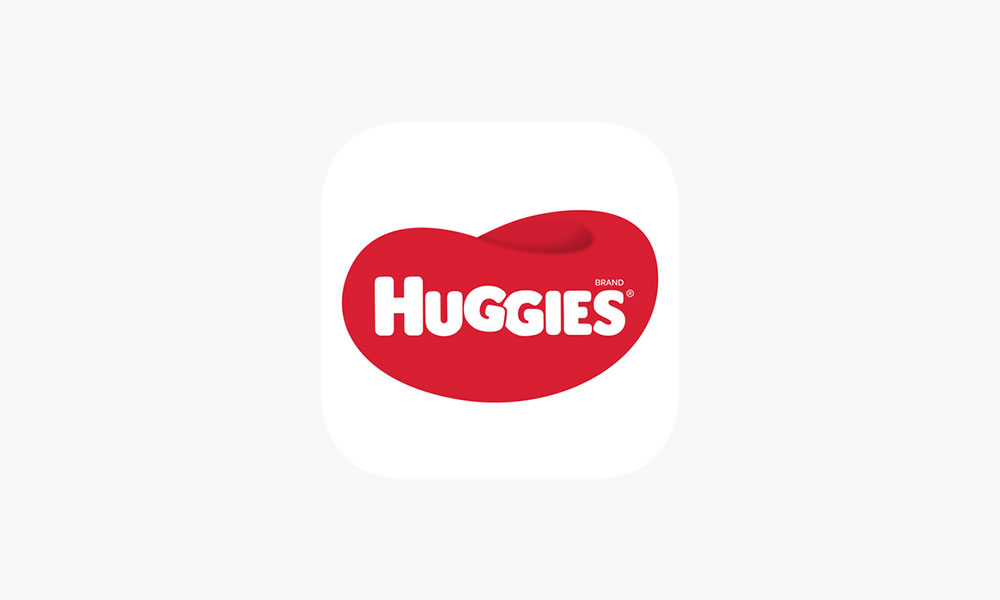
The Tiniest Footprint™ initiative aims to reduce and, ultimately, eliminate plastic from all Huggies Baby Wipes within five years or sooner. Huggies baby wipes already contains up to 47% less plastic than other leading baby wipe brands and is made from at least 65% natural wood pulp fibres.
“We need urgent action to address plastic pollution,” says Morné van Emmenes, marketing manager in the Kimberly-Clark Baby Care Category. “So, we are doing extensive research to see how we can make our wipes even more environmentally friendly, gentle on babies’ skin and still affordable for the families that rely on them.”
Huggies says that it will make all wipes packaging recyclable by the beginning of 2021 and commits to making its entire baby wipes packaging fully recyclable at home with household recycling within five years.
“We are working to improve our environmental impact by reducing our reliance on single-use plastic, with a vision to transition to fully sustainable packaging across our wipes portfolio,” adds van Emmenes.
To achieve the long-term goal of eliminating plastic, the brand is working with universities, suppliers and other partners to develop new, eco-friendly materials to replace the plastic in all its wipes. The other component of the Tiniest Footprint™ initiative, launched with Huggies agency Ogilvy Johannesburg, involves partnering with customers to reduce the environmental footprint of its products.
According to the brand, parents can join the efforts initiated by Huggies® by following three steps: Never flushing wipes but always disposing them in the waste bin to prevent them from ending up in the sewers or oceans, recycle all multipacks of six and 12 wipes (carton) and help in reducing plastic waste by choosing Huggies.


